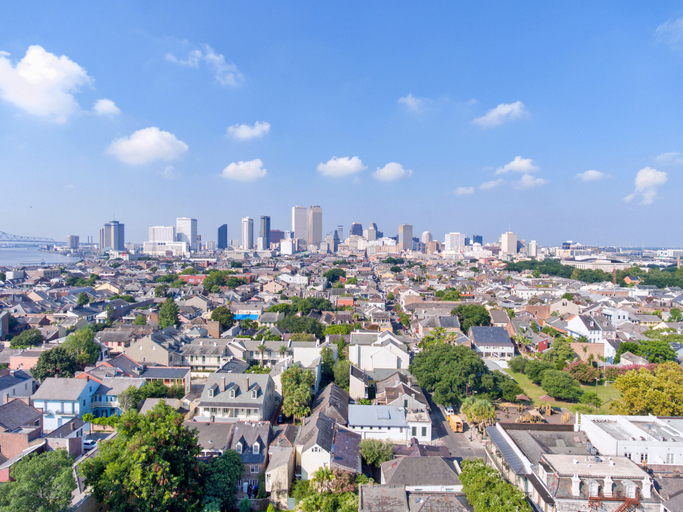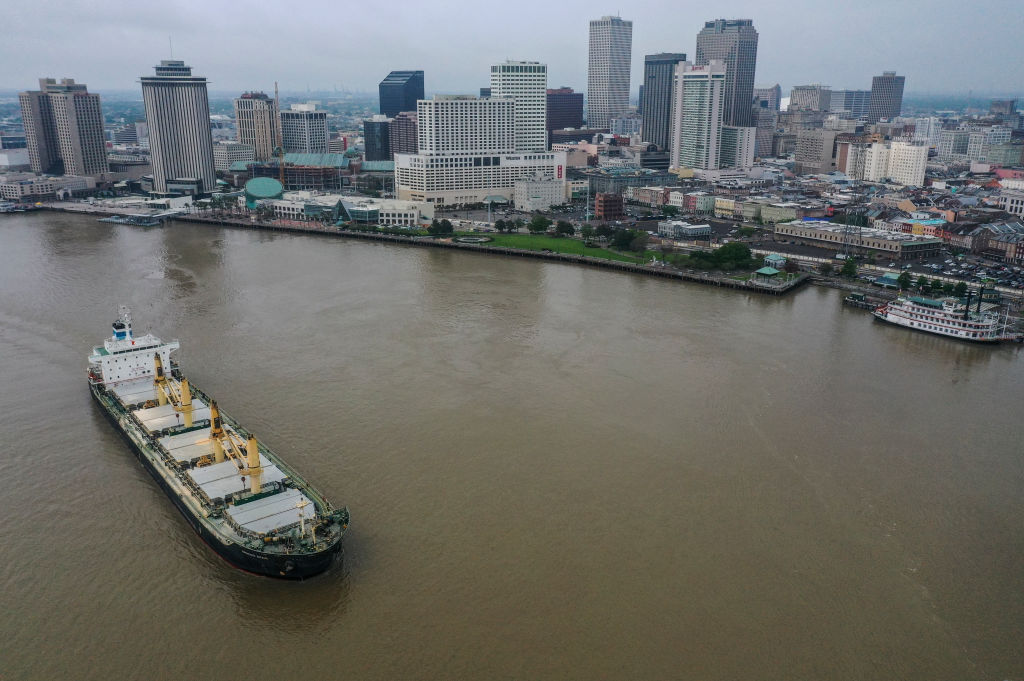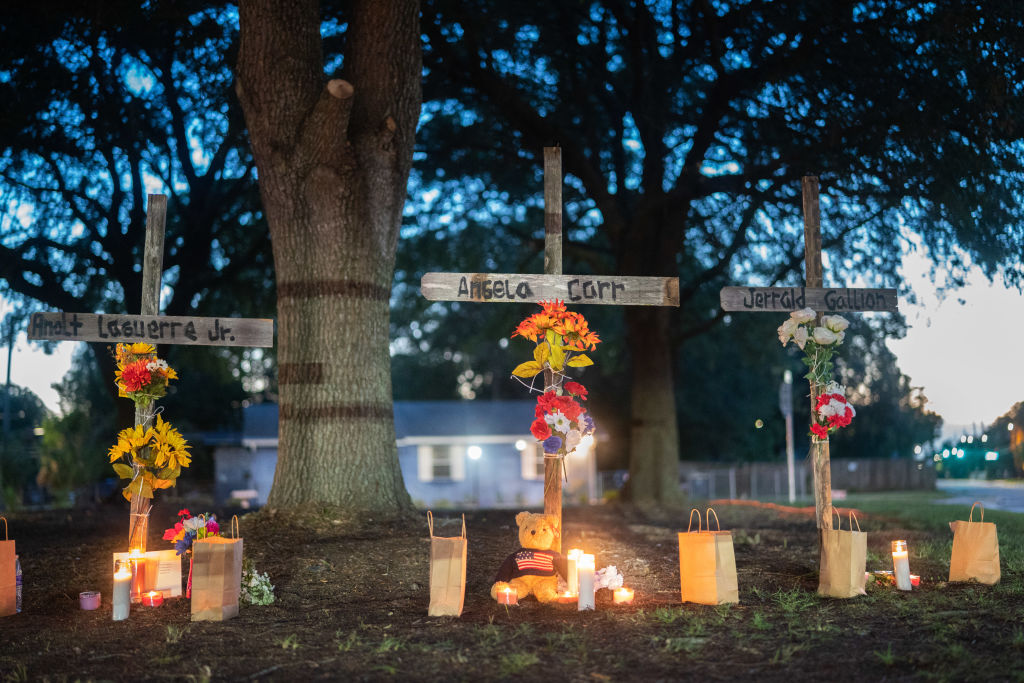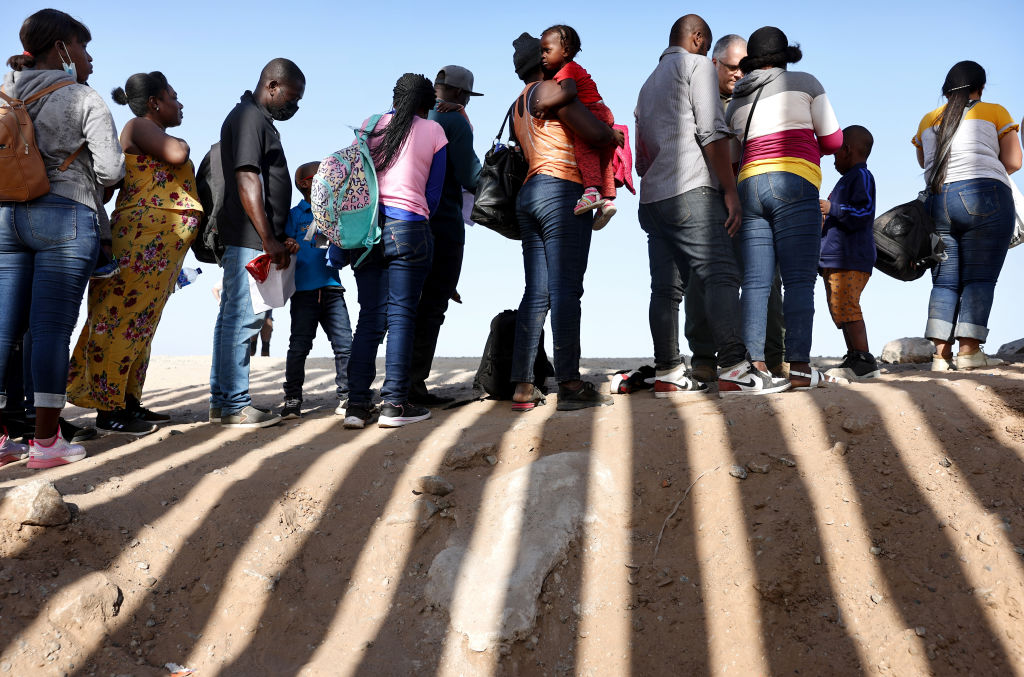New Orleans Preps For Worst As Drinking Water Faces New Threat
New Orleans Preps For The Worst As Drinking Water Faces New Threat

Source: Cavan Images / Getty
New Orleans residents are prepping for the worst as salt could be threatening their drinking water.
According to CNN, droughts have caused water levels on the Mississippi River to hit record lows, which has allowed for a surge of saltwater from the Gulf of Mexico to push upstream. This rare act of nature called a saltwater intrusion could pollute the drinking water for New Orleans and Jefferson Parrish residents.
The Mississippi River has an enormous flow rate, which is usually enough to keep saltwater from the Gulf out, but droughts have kept the river low, allowing saltwater into the river.
Top city officials warn that residents may have to deal with this problem for as long as three months
“About 90 days is what we’ve been told by the Corps of Engineers,” Collin Arnold, New Orleans’ homeland security chief, said during a City Council committee meeting. “So we’d be looking at maybe the end of January under those circumstances.”
According to NOLA, the city and surrounding region are hoping to build a pipeline further upriver to pump water that would dilute the salt at treatment plants. The expensive project could be converted into a permanent solution once the three-month period has ended. Estimates for the pipeline range from 100 million to $250 million, with federal funds likely covering the costs.

Source: The Washington Post / Getty
Arnold also said that the timeframe was only an estimate given changes to the weather forecast and that only sufficient rain in the Mississippi River basin would flush out the saltwater pushing into the river. Current forecasts suggest that saltwater could reach New Orleans’ Carrollton water plant around Oct. 28. The Carrollton water plant supplies water to the city’s east bank.
The U.S. Army Corps of Engineers also says the Algiers Water Treatment Plant could be affected by Oct. 22.
Arnold stressed to the city that the drinking water remains safe and called on residents not to panic.
“With the current projections, it should be noted that almost 20% of the state could be impacted by this event,” said Gov. John Bel Edwards.
On Wednesday, President Joe Biden approved an emergency declaration for four parishes: Plaquemines, St. Bernard, Jefferson and Orleans.
The declaration authorizes the Federal Emergency Management Agency “to identify, mobilize, and provide at its discretion, equipment and resources necessary to alleviate the impacts of the emergency,” according to a news release from the White House.
Black residents in the city of New Orleans make up 58% of the population and in Jefferson Parish, 29% of the population is Black
SEE ALSO:
Jackson Water Crisis: Activists Blast Judge After Claims He Is ‘Pitting Black Against White’
















